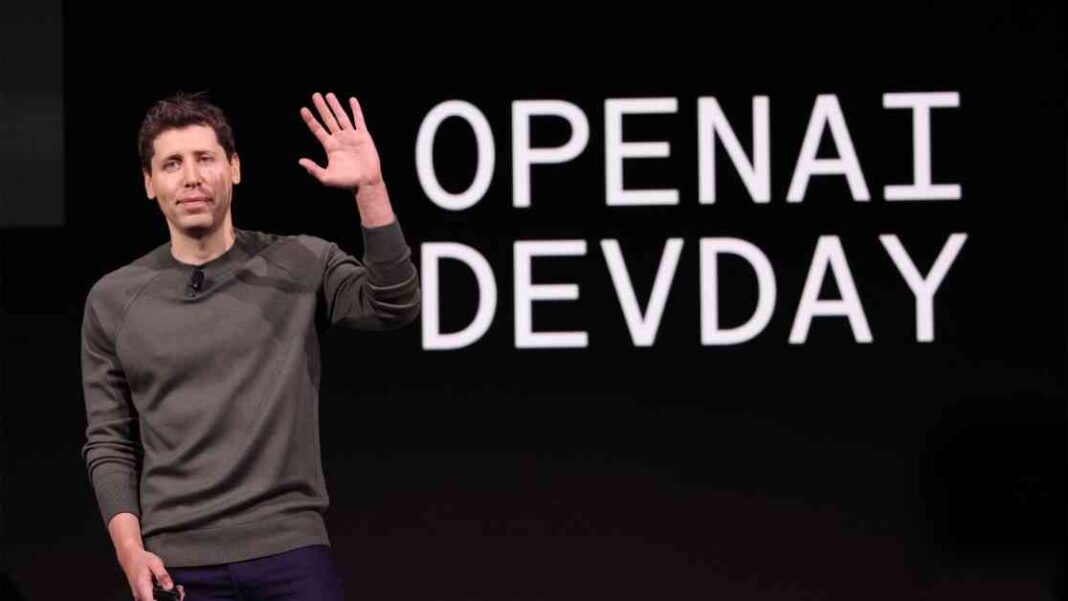This week, OpenAI made a promise not to use its patents in an offensive way. The company stated that it would only use its patents defensively to support innovation. However, some experts believe that this pledge is not as solid as it seems.
According to MBHB partner Mike Borella, OpenAI’s pledge is ambiguous and unclear. The term “defensively” is not well-defined, and it is uncertain what actions OpenAI considers as harmful to the company or its users. Borella also pointed out that OpenAI does not have a significant patent portfolio, as its intellectual property strategy relies more on trade secrets.
Moreover, the fact that OpenAI’s patent pledge is voluntary and not legally binding raises questions about its effectiveness. Shubha Ghosh, an IP law expert, mentioned that the pledge may not have much legal weight and would not prevent OpenAI from enforcing its rights through other means such as copyright, trade secret, or contract laws.
In the eyes of Borella, OpenAI’s statement is merely a form of public relations to gain favor with the tech industry and regulators. He likened it to Tesla’s vague patent pledge in 2014, suggesting that it lacks substance in promoting fair competition in the market.
In conclusion, while OpenAI’s patent pledge may seem like a step in the right direction towards promoting innovation and collaboration, some experts view it as mere virtue signaling. The lack of clarity and enforceability of the pledge raises doubts about its impact on OpenAI’s actions in the future.











